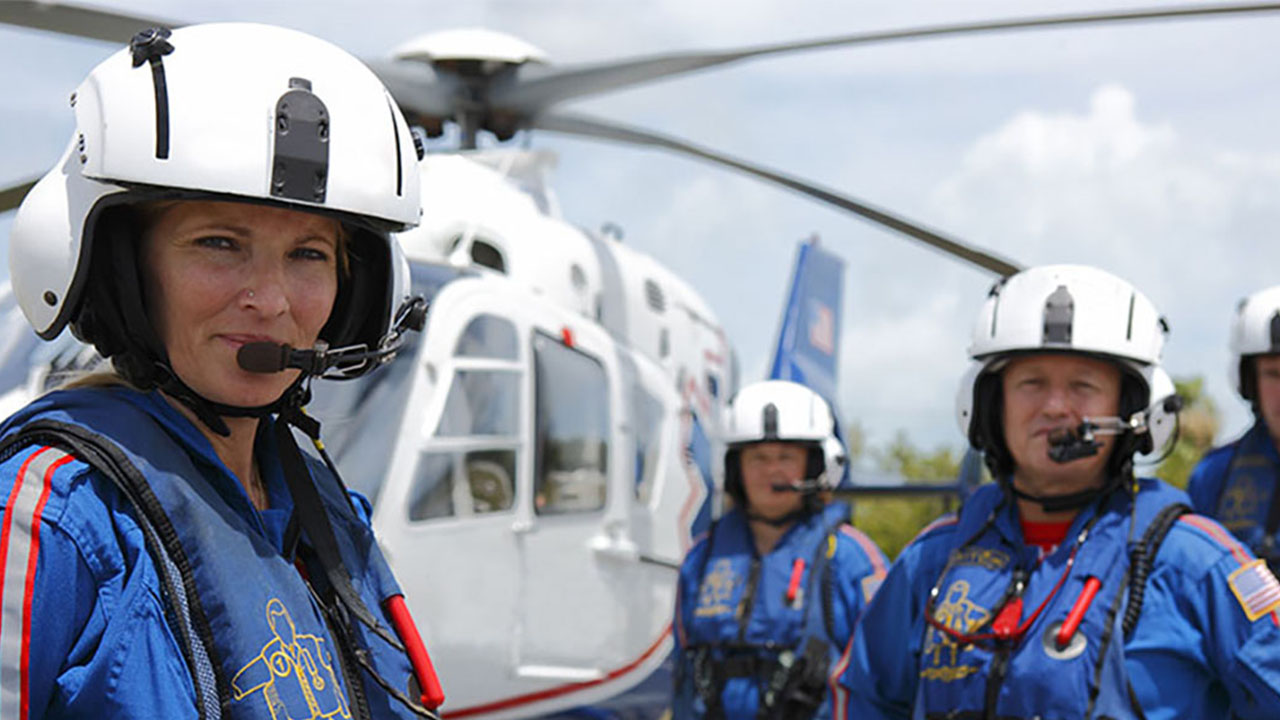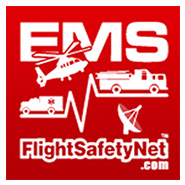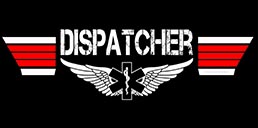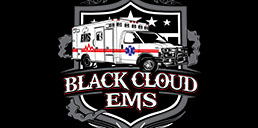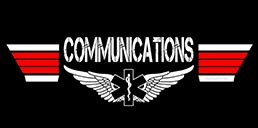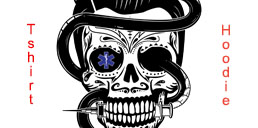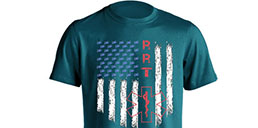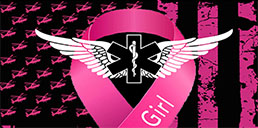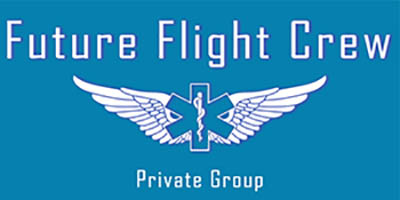As reported by https://www.tulsaworld.com/
Ask retired Lt. Col Debbie Wipf what Veterans Day means to her, and the answer might surprise you given the fact that she served in the Air Force for 22 years.
“I don’t even think about it,” said Wipf.
Evidence of her commitment and pride in having served her country scream out in red, white and blue from every wall of the entryway, main hallway and office in her tidy home in Owasso.
But recognition for peacetime veterans like Wipf living in a wartime era is scarce, even among her own friends and family.
“It’s kind of amazing — people just don’t ask — or maybe they ask where you’ve been,” she said.
Now 70 years old and finally retired from post-military jobs as of the spring of 2019, Wipf said she, herself, has only begun to reflect on all of the life-and-death situations — or what she calls the “crazy stuff” — that she saw working as a flight nurse all over the globe.
“Distractions and the stresses in the military — I mean 24/7, 365? I don’t know how you explain that to anyone,” she said. “You’re busy and then you retire and something clicks. I think it’s finally having time to sit and think. Here lately, something triggers it, and I’ll think, ‘Oh, yeah, I forgot all about that.’”
People with no military background may assume that Cold War-era and other peacetime vets don’t see much action, but Wipf said that’s not true for many people who have served.
“There are a lot of dangerous jobs in the military,” she said. “Accidents happen, people get hurt and die, babies are born prematurely. You never have one job and someone is always on alert 24/7.”
During her years in the service, between 1976 and 1998, Wipf had to deal with all of those things and more — often times providing emergency care to patients in the cargo area of a military aircraft in flight instead of in a proper hospital or clinic.
When she was based in the Philippines in the late 1970s and early 1980s, she was in an air evacuation unit assigned to picking up anyone affiliated with the U.S. military in need, anywhere in a massive corner of the globe, week in and week out.
“We covered the Far East and the Pacific,” Wipf said. “Back then, they didn’t have local healthcare, so we would transport them to wherever they needed for care.”
One particularly hairy situation began with a frantic, early-morning call from Midway atoll in the Pacific Ocean.
“Some Navy guy went through a plate glass window and severed his brachial artery,” she said, referring to the major blood vessel of the upper arm. The old C-9 aircraft used for medical evacuation back then didn’t have adequate speed or fuel range to transport the injured seaman as far and fast as need be, so at first, any attempt seemed futile.
Then a faster, longer range C-141 aircraft was located only an hour away and scrambled to their location, so they could take the young man to Hickam Air Force Base in Hawaii.
“I guess he made it. We never heard,” Wipf said.
She learned early not to tell her parents back home in Cherokee County about the worrisome things she saw or experienced.
Her closest call in an aircraft came on a flight from Hickam to Travis Air Force Base in the San Francisco Bay Area, where she was headed to a conference.
“This captain turned to me and said, ‘We’re going back to Hickam.’ Apparently, we only had radio and engines, so a KC-135 (aerial refueling aircraft) in the area had to help us navigate back to Hickam,” she said. “It was a beautiful landing.”
After her first three years were up, Wipf left active duty for the reserves for two years, but jokes “it didn’t take.”
When she went back on active duty, she volunteered for an assignment no one else lined up to take: a remote U.S. military outpost in the Azores, an archipelago in the mid-Atlantic that is an autonomous region of Portugal.
The Cold War was on and Navy P-3s were hunting enemy submarines nearby. Her most memorable emergency involved Mother Nature, when a hurricane hit.
“We were evacuated from our barracks when the windows started popping and then the roof of one blew off onto the other two (barracks) buildings. On top of that, twins were born prematurely. Who knows? Maybe it was the barometric pressure,” she said, laughing. “It was always random craziness like that — a commercial plane would land and we’d have someone injured or sick.”
She also served in Saudi Arabia, Kenya, and was stationed during Desert Storm at a makeshift hospital in a hangar on an old World War II base in England.
Wipf said military experience offers nurses a range of experiences and professional growth and development that civilian workplaces never could.
“It’s always something different. I’ve done clinical all the way to administration, to everything in between. You get trouble-shooting, work ethic, a lot of experiences, job committees and air evac involves a lot of logistics,” Wipf said. “At a younger age, we get more experience than people out here,” she said, referring to civilian healthcare settings. “You have more autonomy. We did things you aren’t allowed to do out here — because we had to. When you’re flying, there are times when you can’t just call a doctor and there’s no pharmacy.”
After her retirement from the military, she used her nursing experience working in publishing and legal consulting. At one particular law firm, a secretary bemoaned how demanding the attorneys who worked there could be.
“You ought to work for colonels,” Wipf said she told her.
These days, Wipf looks in on her father, who is in assisted living, and finally has time for things she never used to, like reading and hobbies and participating in an organization for female vets.
In reflecting, nothing makes Wipf laugh more heartily than the vivid memory of her decision to enter the Air Force as a young nurse in Oklahoma.
“It was something adventurous and different. I thought: ‘What’s three years out of my life?’”
Ever thought about a career as a Flight Medic, Flight Nurse, Flight RT or EMS Pilot?
Join our Future Flight Crew Private Facebook Group. It's chock full of talented folks who will help you succeed.
Answer 3 simple questions to join, takes less than a minute.
CLICK THE BANNER to Sign Up (It's Free):
EMS Flight Safety Network is The People Who Keep Air Medical Safe
- EMTs | Medics | Nurses
- Pilots | Firefighters | ER Staff
- Security | RRTs | Trauma Doctors
- Landing Zone Coordinators | Dispatchers
- Specialty Transport Teams | Flight Surgeons
- Flight Communication Specialists | Mechanics | Chaplains
- Police | Fire Police | CNAs | NICU Nurses | Retirees | Veterans
- The Family, Friends & Coworkers Who Support These Professionals
